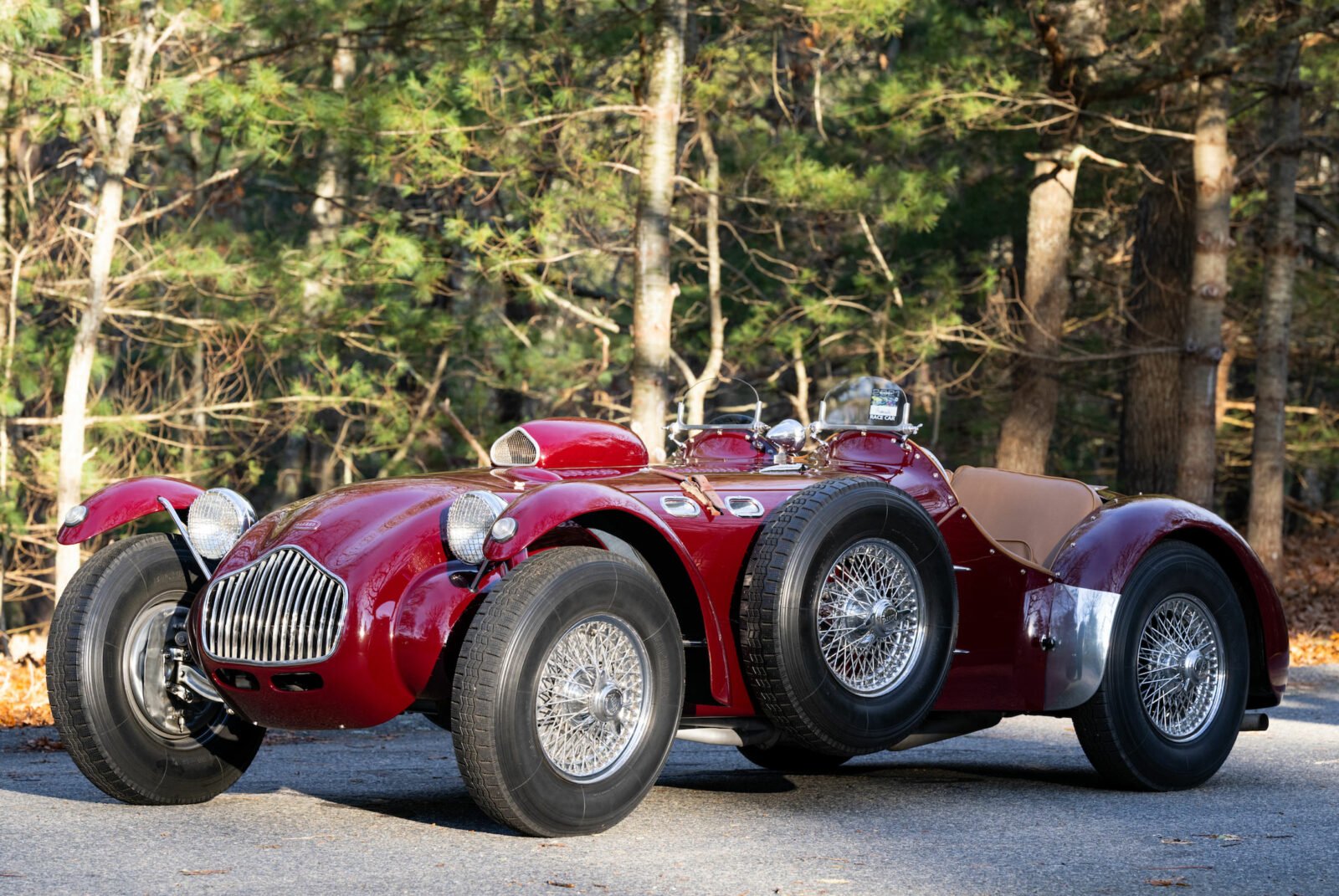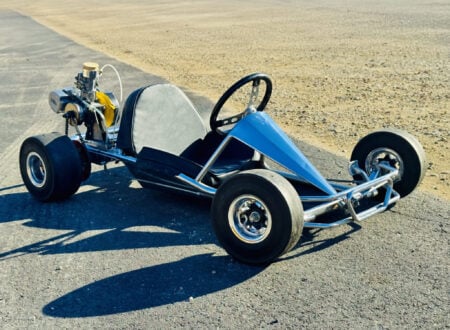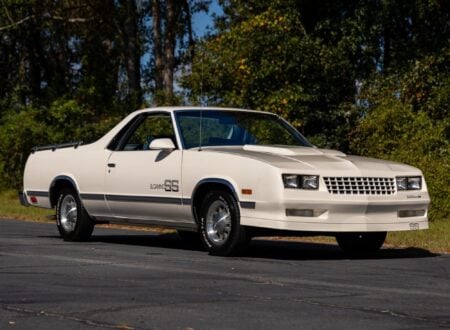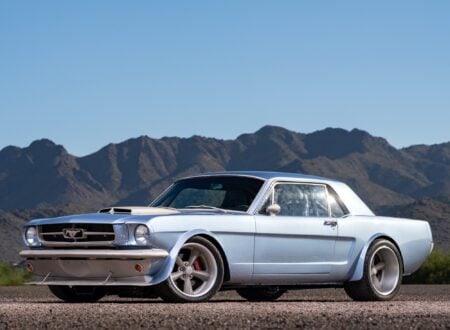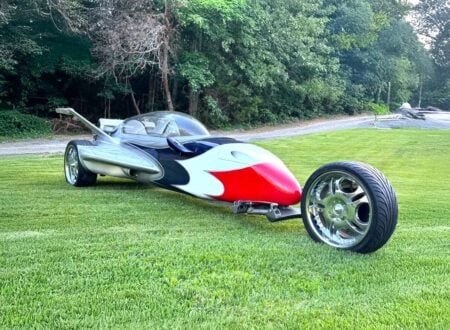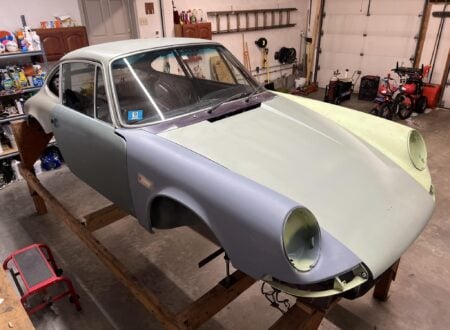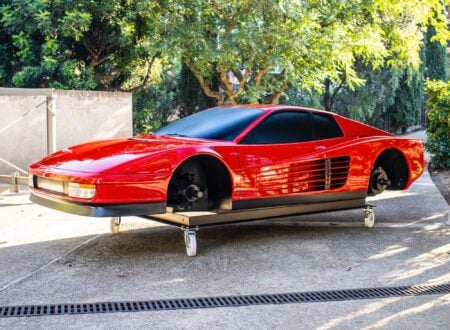The Allard J2 is a car that deserves to be a lot more famous than it is, J2s were raced by Zora Arkus-Duntov and Carroll Shelby in the early 1950s – strongly influencing the pair who went on to become the father of the Corvette and the father of the Shelby Cobra respectively.
The recipe that went into making the Allard J2 proved almost unbeatable – a lightweight British chassis with good handling combined with a hefty American V8 that could produce gobs of torque with excellent reliability.
Fast Facts – The Allard J2
- The Allard Motor Company was founded by Sydney Allard in London in 1945, not long after the end of WWII. The company sold a series of racing cars, sports cars, and sedans until it went out of business in 1958. Despite the short lifespan the company had an immense influence on sports car design.
- The Allard J2 was released in 1950 as a successor to the earlier Allard J1. The J2 was more refined and improved in almost every conceivable way, it was typically powered by a large American V8 – including engines from Ford, Mercury, Cadillac, Chrysler, Buick, and Oldsmobile.
- Allard J2s competed in many of the world’s top races in period, including the 24 Hours of Le Mans with Sydney Allard himself often co-driving. Other drivers included Zora Arkus-Duntov and Carroll Shelby.
- The Allard J-series cars have long been heralded as the vehicles that showcased the performance potential of a lightweight (often British) chassis with a powerful American V8. Even though the company went out of business in 1958 its spiritual descendants today include the Corvette, Shelby Cobra, Sunbeam Tiger, MGB V8, and countless others.
The Remarkable Sydney Allard
Sydney Allard began building sports racing cars in the 1930s, they were mostly trials cars, with a smattering of hill climb and circuit racing vehicles. Despite their simple designs they often achieved excellent results thanks to their reliability and their high-torque American V8s.
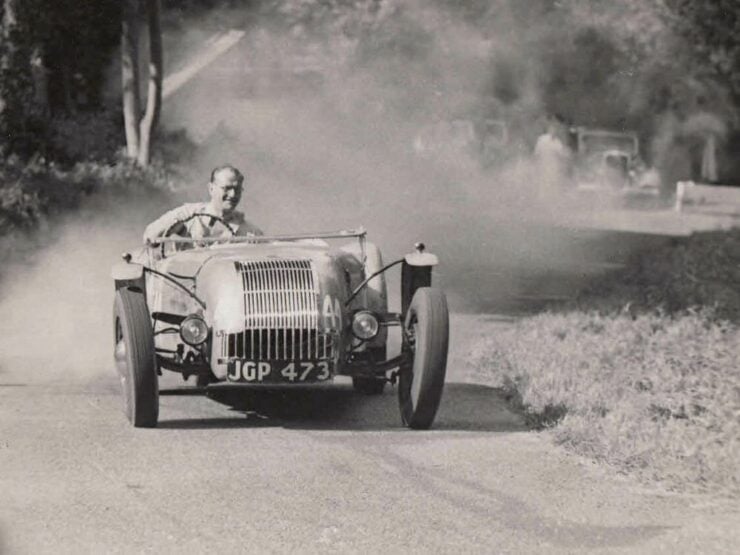

In 1939 World War II broke out across Europe and the construction of racing cars was no longer a priority, so Allard set up their workshop to work on Ford military vehicles and Jeeps working under the Ministry of Supply for the Army Auxiliary.
In 1941 during a German bombing on London Allard and his family were lucky to escape with their lives. By 1943 the company had 225 employees and they were refurbishing over 120 military vehicles per month for the Allied war effort.
After WWII Sydney Allard wasted no time at all getting back to his true passion – the design and construction of racing cars. His first after the war was the Allard J1, this was soon accompanied by the Allard K1, and the Allard L.
In Allard Motor Company parlance the J series cars were for racing, the K series were road-going sports cars, and the L series were four seat sedans with broader market appeal. In the semi-vacuum of sports car manufacturing in Britain immediately after WWII Allard was well placed to provide the cars that people so desperately wanted – and sales were brisk.
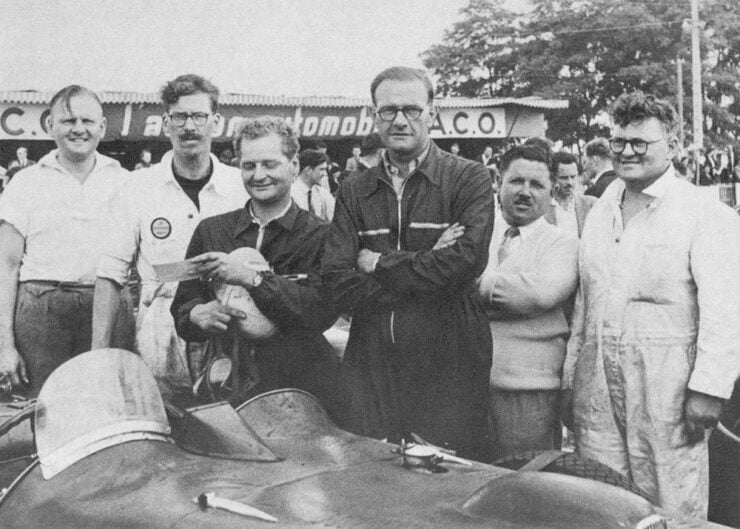

The Allard J2
In 1950 the J1 was replaced with the J2, this new car was fitted with significantly uprated independent front suspension including coil springs and telescopic dampers. In the rear there was a new de Dion rear axle with inboard rear brakes to reduce unsprung mass.
The cars rode on a steel chassis with a lightweight, hand-shaped aluminum body over the top, with removable cycle fenders over the wheels that could be removed for racing.
J series Allards were typically fitted with free standing headlights, open top seating for two behind small individual windscreens, and a spare tire could be mounted to the side of the car just behind the front wheels for use when needed. This location kept the weight of the spare tire (or tires) neutral so as not to upset the handling of the car.
The cars tipped the scales at just 2,072 pounds (940 kgs) and thanks to their front-mounted American V8 engines they were capable of beating many far more expensive and complex cars on track.
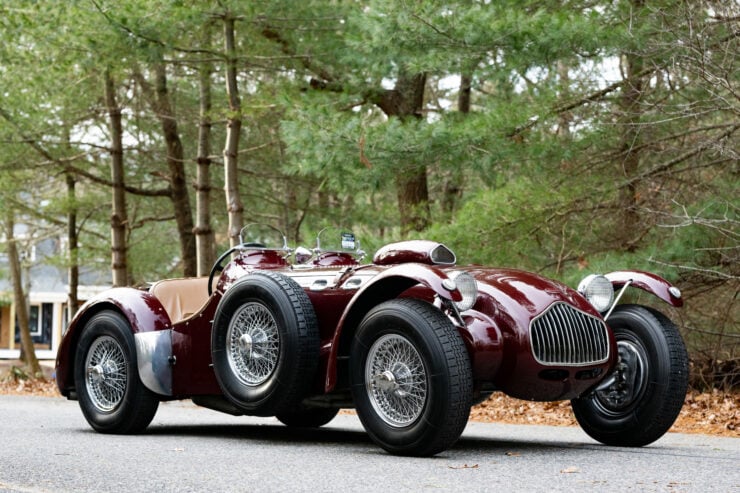

While the Italians and Germans would arrive at a race with finely engineered scalpel-like race cars Sydney Allard would roll in with his British/American four-wheeled sledgehammers and often make short work of them all.
Allard Js that were built for British buyers were typically fitted with Ford or Mercury flathead V8s. Cars that were being shipped to the American market typically had no engine or transmission installed at all – as it made little financial sense to be shipping heavy engines and transmissions from America to England only to turn around and ship them back inside a car a few weeks later.
The J2s destined for American ports were usually fitted with an engine and transmission on arrival, popular choices included the overhead valve Cadillac V8, other common engines were V8s from Chrysler, Buick, and Oldsmobile. In 1960s Carroll Shelby would use a similar system, having rolling cars with no drivetrains sent from AC Cars in England which were then fitted with Ford engines and transmissions on arrival – creating the Shelby Cobra.
The Allard J2 was successful in motorsport competition on both sides of the Atlantic, the car took a 3rd place overall at the 24 Hours of Le Mans in 1950 co-driven by Tom Cole and Sydney Allard at an average speed over the 24 hours of 87.74 mph (141.20 km/h).
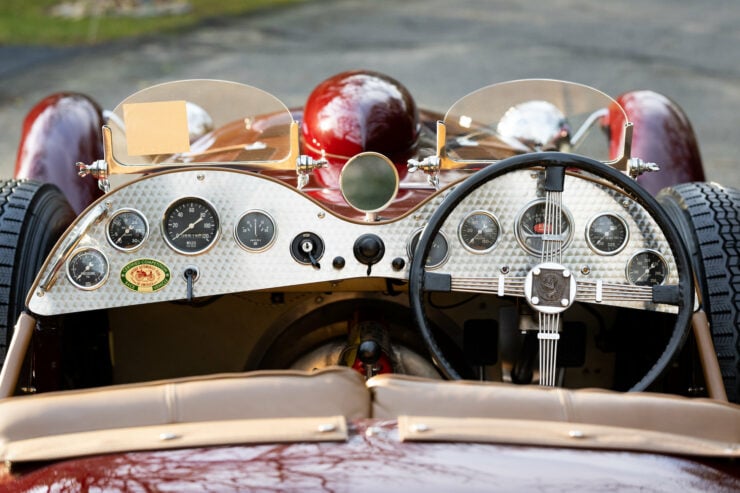

The J2 was a common sight at many of the major race tracks across the USA – of the J2s 313 documented race starts it achieved a remarkable record of 40 wins, 32 second places, and 30 third places. A record that even a major manufacturer would have been happy with.
Although the closing of Allard in 1958 seemed like the death knell for the company a news release in 2012 contained the surprising news that Allard was back in business building period-correct cars, and you can have your own Allard built today to your own individual specification.
The 1950 Allard J2 Shown Here
The 1950 Allard J2 you see here is one of the more historically significant examples of its kind. it was ordered new by Colonel Charles Steinmetz of Tarzana, California through Moss Motors of Goleta, California.
It was delivered as a bare car with no engine, transmission, exhaust, wheels, tires, electrical wiring, or instruments. These were all added in California during the fit out, a flathead Mercury V8 engine was installed along with a Ford three-speed manual transmission.
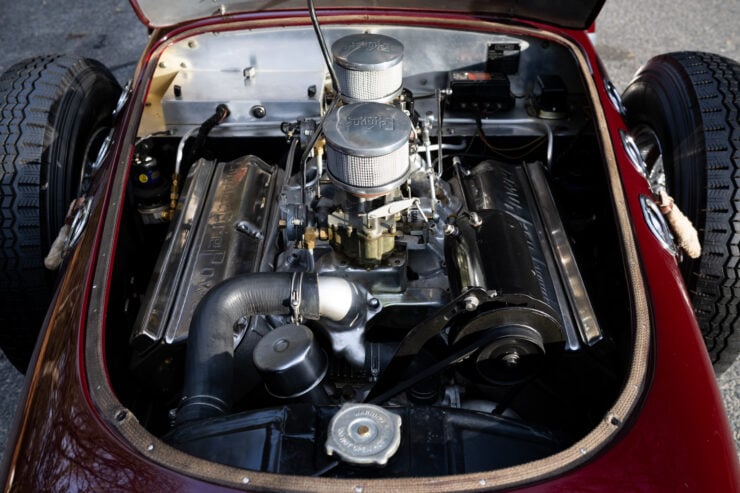

The car made its first appearance at the first ever Pebble Beach Road race on the 4th of November 1950 however teething issues with the new car prevented it from competing.
It would be back a year later for the 1951 running of the event, and it would be one of just 15 cars to finish the race.
The colonel sold the car after the race in 1951, it’s believed that it was bought by Carroll Shelby’s co-driver, Dale Duncan.
Duncan bought a Mercury-flathead powered Allard J2 in period and in many photographs from the time he can be seen driving it with its newly fitted Chrysler FirePower Hemi V8 the required a unique bulge on the front left side of the hood to accommodate the large engine.
This car now retains its FirePower Hemi V8 and that unusual hood bulge.
It’s been comprehensively restored and it’s now due to cross the auction block with RM Sotheby’s on the 4th of March with a price guide of $250,000 – $350,000 USD.
If you’d like to read more about the car or register to bid you can visit the listing here.
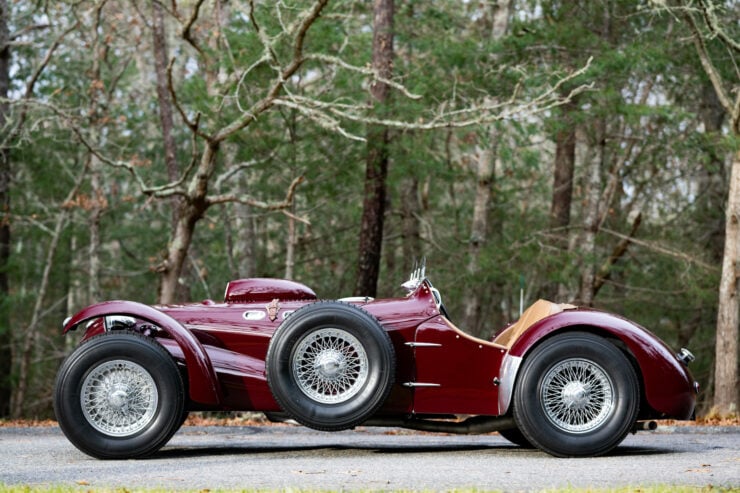
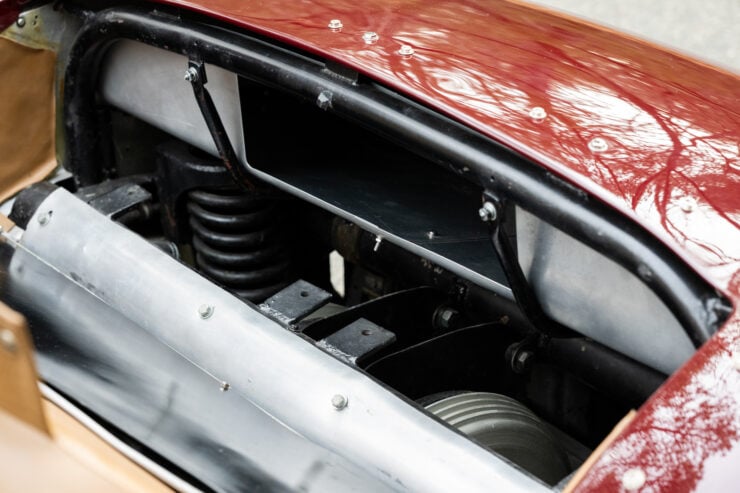
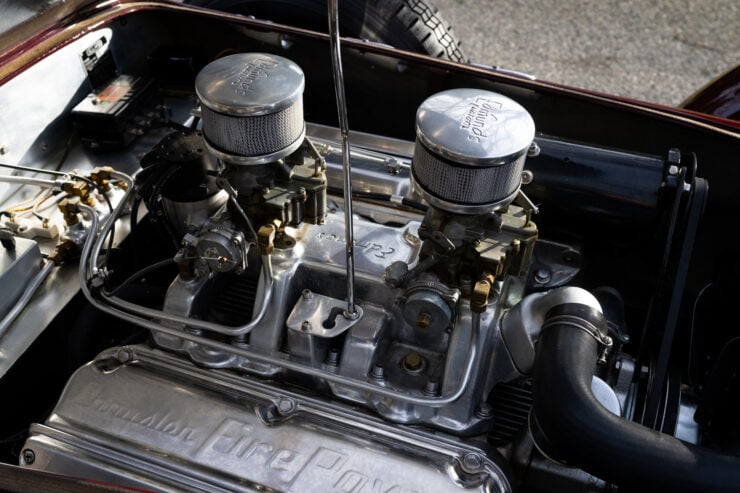
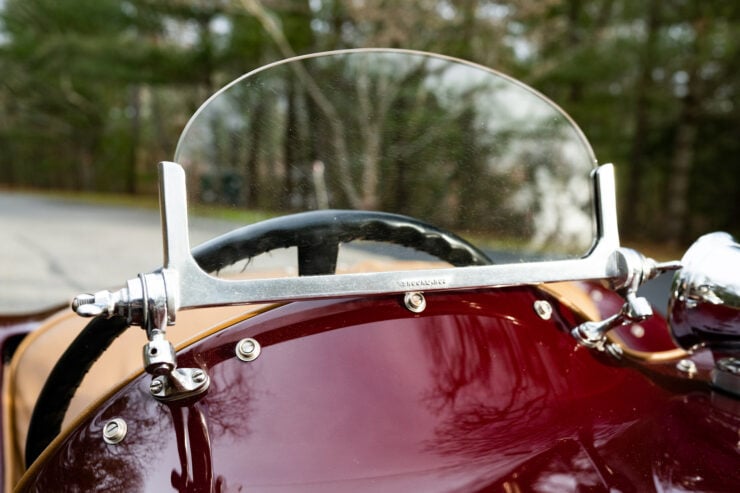

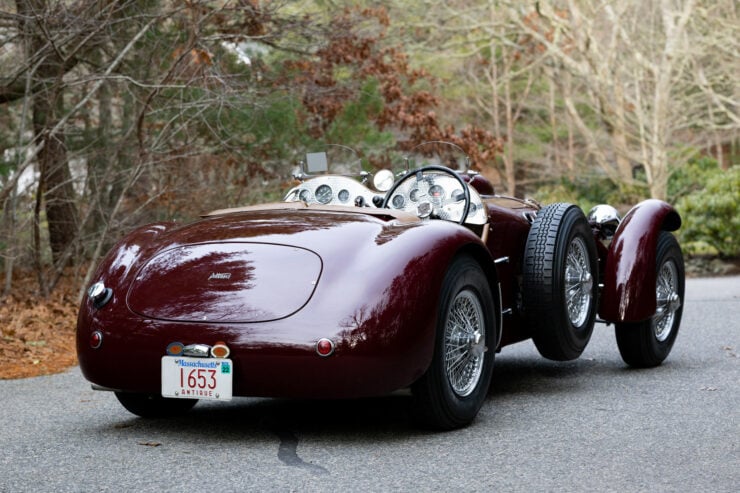
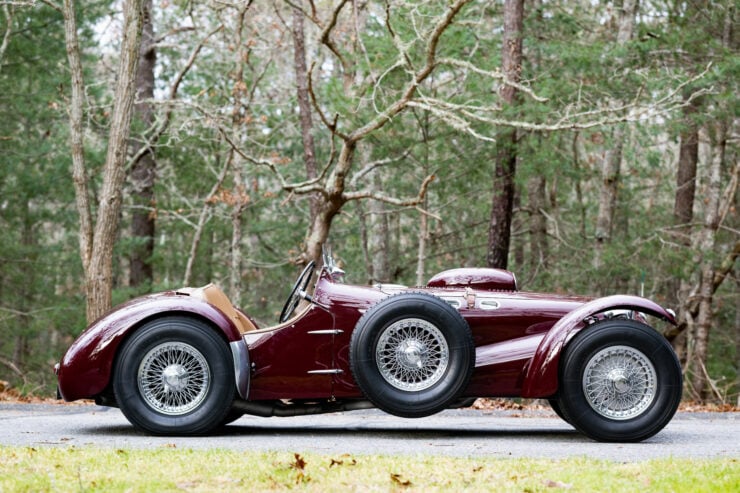
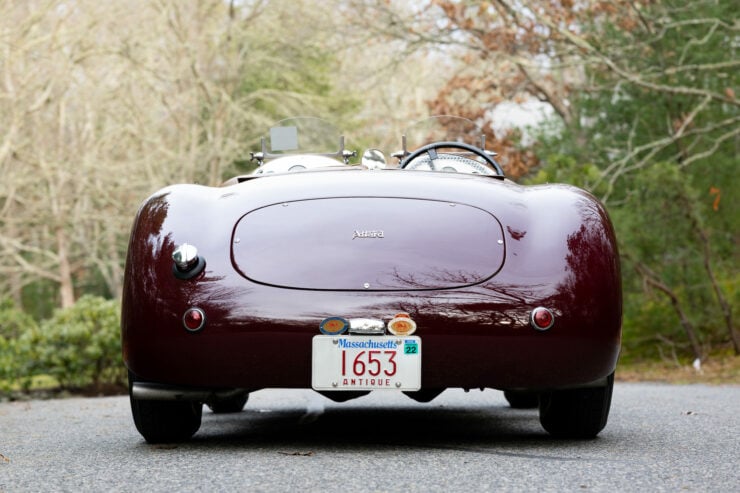
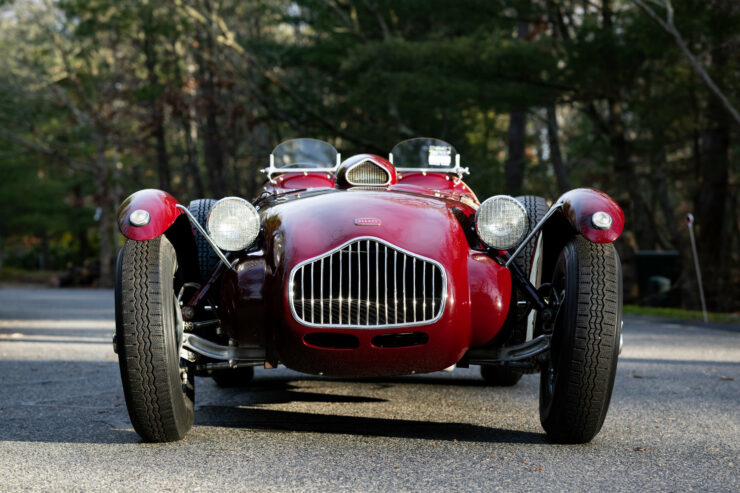
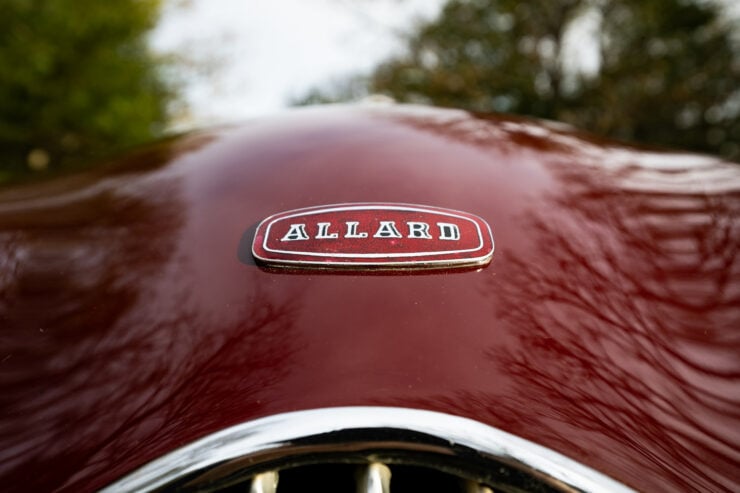
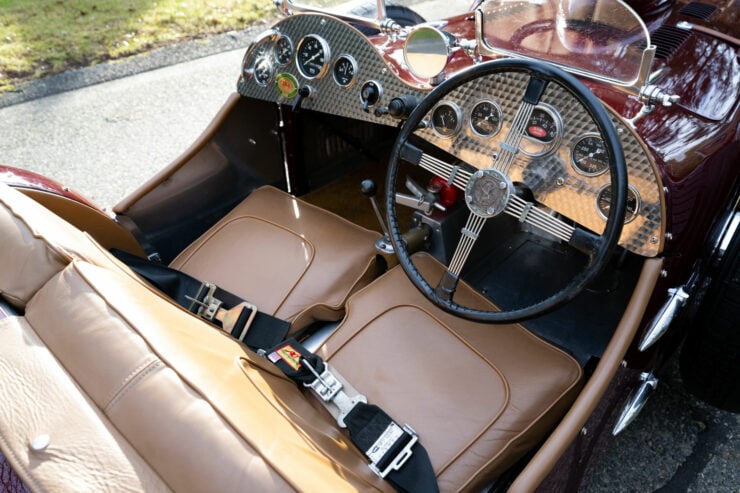
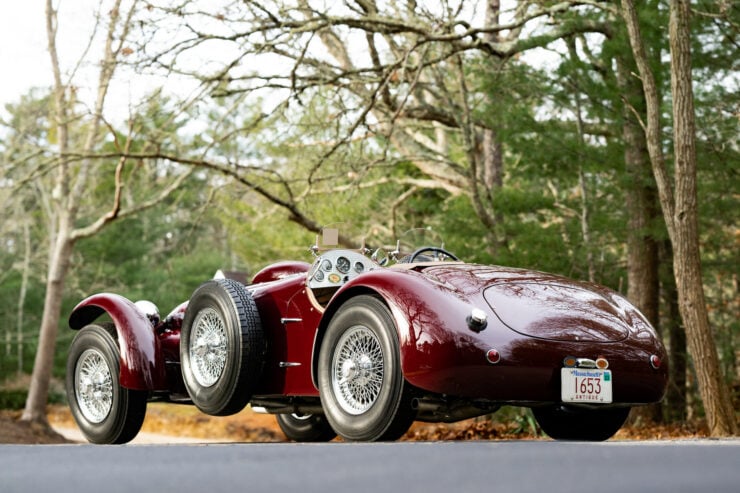
Images: Josh Sweeney ©2022 Courtesy of RM Sotheby’s

